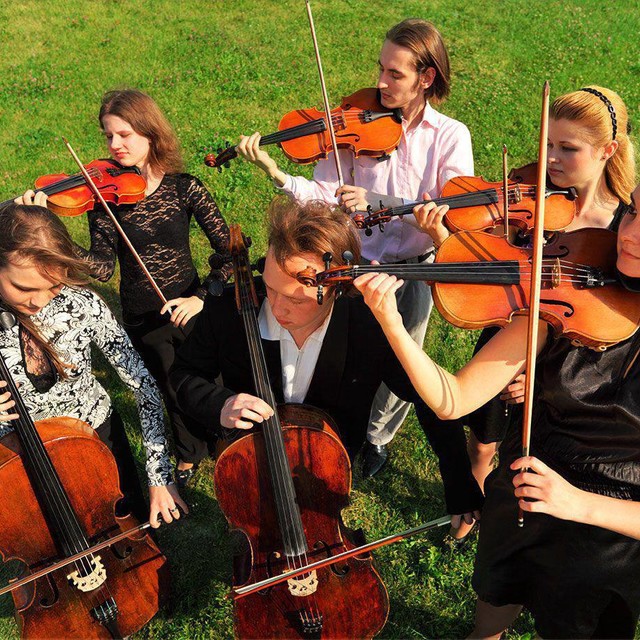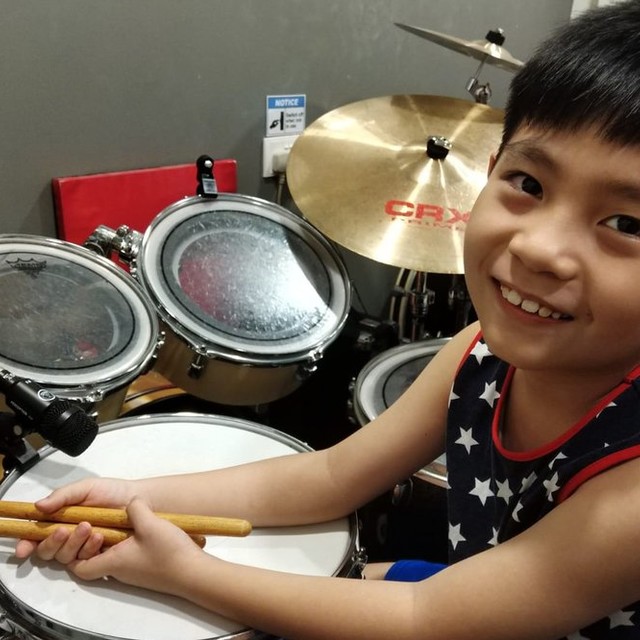Private Tutors offering Saxophone Lessons in Singapore
Saxophone Lessons Singapore
Take Advantage of Our Expertise and Experience To Saxophone Students & Parents: Saxophone Lessons Singapore is a successful go-to agency that is well connected to the best music teachers in Singapore. We are part of Absolutely In-Tuned! music agency. We are committed to providing highly qualified and …
Play By Ear Music School
Since its inception in Singapore in 2003, Play by Ear has been teaching music improvisation in a fun and rewarding way. Offering Pop Piano, Jazz Piano & Pop Vocal lessons, PBE Singapore is the appointed HQ for P.B.E.S™ (Study of Contemporary Music Improvisation & Aural Techniques), a global teaching…

Stradivari Strings
Stradivari Strings, a Singapore based music school, is on a mission to provide music education to students, specializing in teaching violin, viola, cello, saxophone, flute, guitar, ukulele, piano. We have the best selection of music instruments, available at our shop. Call +65-98137769 or email at i…

King George's Music Academy
Drum Lessons for Teens Drumming as a hobby? Casual learner or training to be part of a band someday? We've got you covered. Here we'll strengthen your foundation in drumming and tailor the lessons according to your best learning methods and adapt to your pace of learning. From here on you can progress…
What is saxophone?
A saxophone is a musical instrument from the woodwind family. It's typically made of brass and features a conical bore and a single-reed mouthpiece. There are several different types of saxophones, ranging from the high-pitched soprano saxophone to the low-pitched bass saxophone. Other types include alto, tenor, and baritone saxophones, each producing distinct sounds and commonly used in various genres of music.
Which type of saxophone to learn?
Choose a saxophone based on your musical preferences and physical capabilities. If you prefer higher pitches, go for an alto or soprano sax. For a versatile option, choose an alto sax. If you like deeper tones, opt for a tenor or baritone sax.
If you have smaller hands, an alto saxophone might be more comfortable to play than a tenor saxophone. If you have breathing limitations, a soprano saxophone might require less air than a baritone saxophone.
Try different types to see which feels most comfortable and resonates with your musical taste.
What do you learn in saxophone lessons?
Private saxophone lessons are generally open to individuals of all ages and the content of lessons will depend on your skill level.
Beginners (Children or Adults). Learn the basics of saxophone playing, including proper posture, embouchure, finger placement, and tone production. Develop the ability to play simple melodies and basic scales. The goal might include performing a simple song or tune.
Intermediate Players. Improve technical skills and expand the repertoire. Work on playing more complex melodies, scales, and basic improvisation. Focus on tone quality and articulation. The goal might be to achieve proficiency in playing a variety of music genres.
Advanced Players. Refine technique, work on advanced scales and arpeggios, delve deeper into improvisation techniques and explore extended saxophone techniques (e.g., multiphonics). The goal might be preparing for performances, auditions, or joining local ensembles.
Many saxophone students choose to structure their learning journey around ABRSM (Associated Board of the Royal Schools of Music) and Trinity College London exams. These exams provide clear milestones to work towards. Students prepare pieces, scales, sight-reading, and aural skills, all of which are evaluated during the exam. Successfully passing these exams demonstrates their progress, boosts confidence, and provides a sense of achievement.
How to choose a saxophone teacher?
Look for teachers with solid saxophone experience or music education degrees. Read their descriptions to see if they mention their teaching approach. Find someone who matches your learning style and goals. If available, read reviews from past students. Positive feedback is a good sign.
Reach out to a few potential teachers. See if they're responsive, friendly, and open to your questions. Many teachers offer a trial lesson. Take advantage of this to see if you vibe well and understand their teaching. Trust your gut feeling. Go with a teacher you feel comfortable with and excited to learn from.